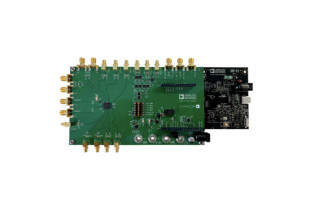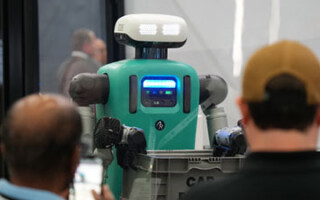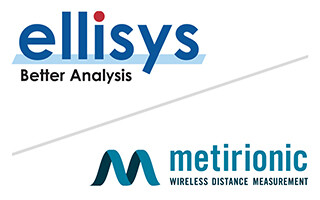European Research Project iRel40 Aims to Improve the Reliability of Electronic Components for Future Applications
February 02, 2021
News

The Europe-wide research initiative Intelligent Reliability 4.0 (iRel40) is aimed to improve the reliability of electronic systems and microelectronic components.
According to and coordinated by Infineon Technologies AG, 75 science and industry partners from 13 countries are pooling their forces to achieve this goal.
iRel40 adopts a holistic approach to optimizing the reliability of microelectronic systems along the entire value chain, from the wafer to the chip and the packaging and finally to the system and hence the actual application. The aim is to reduce failure rates and improve product quality and lifetime. Per the company, this approach also contributes to more sustainable management of our natural resources.
Experts from science and industry in Europe are working together to achieve this. They are relying on the latest insights and methods in material research and failure analysis, including modeling and simulation, as well as artificial intelligence. The project is divided into eight work packages that deal with aspects such as requirements, theoretical principles, materials, test methods, and pilot applications. Infineon will, in particular, contribute in chip and packaging technology.
The developed methods and processes for improving reliability are to be verified in sixteen actual use cases from the fields of energy, transport, and industry, as well as a further eighteen factory pilots.
According to the company, the collaborative project should secure around 25,000 highly qualified jobs across Europe through partnerships and investments in innovation. The European Union is funding iRel40 within the scope of the ECSEL (Electronic Components and Systems for European Leadership) program. Funding from Germany will be provided by the Federal Ministry of Education and Research and from the two states of Saxony and Thuringia. An overview of all the funding bodies can be found on the project website. The project will run for three years and is scheduled to end in April 2023.
For more information, visit: https://www.irel40.eu/





